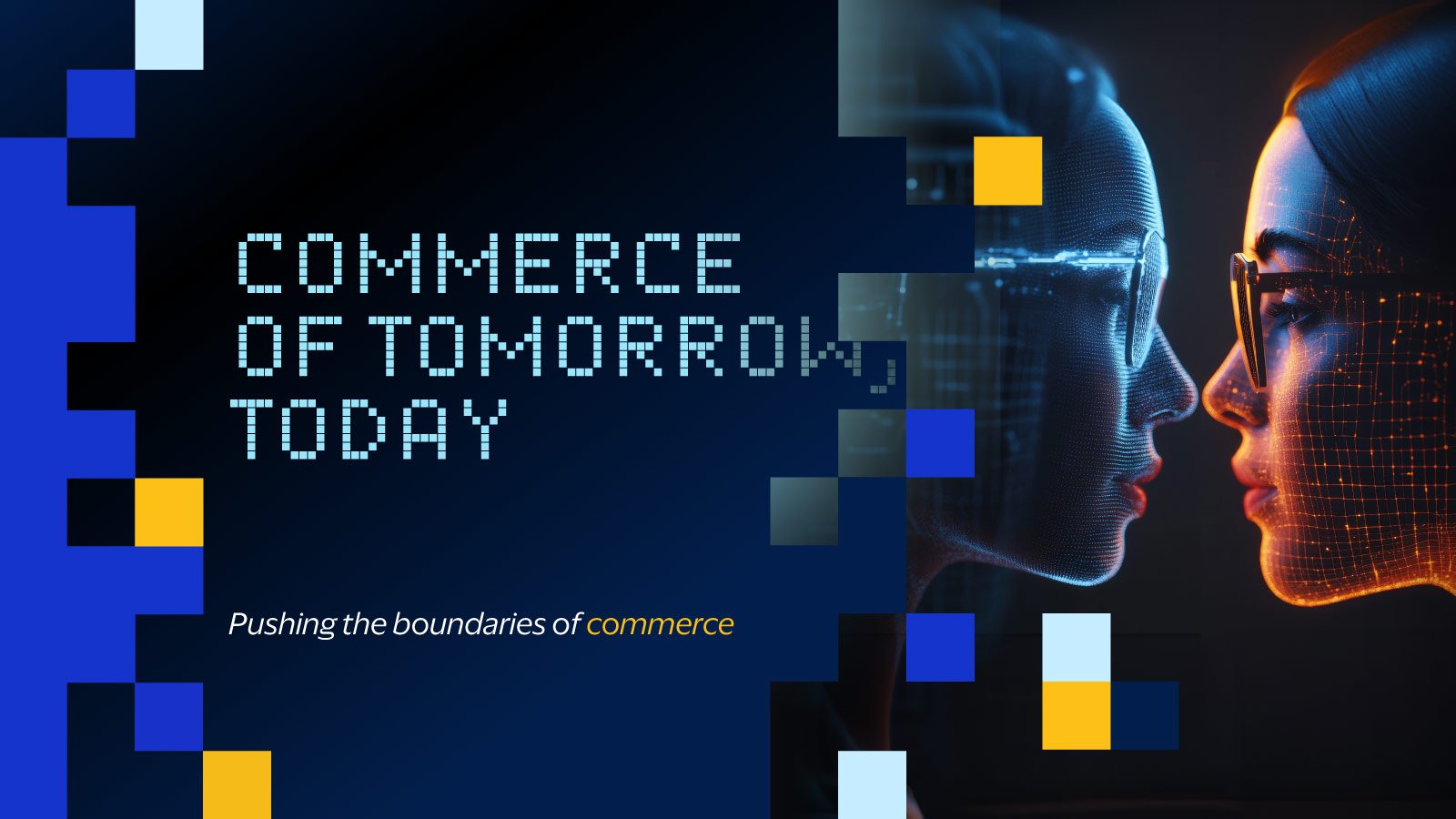The “Commerce of Tomorrow, Today” report doesn't predict what will happen. Instead, it explores possible futures that merchants, banks and consumers may face in the next 10 years and beyond. These possibilities are based on trends we see today, from new technologies to changing consumer behavior.
Each chapter in this report describes a potential future scenario. Explore the first two chapters now and check back to learn more about the final two.
1. The trust principle
The advent of AI is expected to be a significant moment for the trust that customers and communities place in various institutions, including banks and financial companies, as well as governments, businesses and media. The thoughtful and transparent use of AI to benefit consumer interests has the potential to establish new levels of trust with customers, creating relationships that are more personal and integrated into people's lives than before. Conversely, the application of AI in less considerate or coherent ways may decrease trust, as customers and businesses navigate a complex and uncertain environment.
Developing trust and transparency consistently, and for the long term, is crucial to managing short-term disruptions.
Roles of advanced trust networks
With these protections in place, trust networks will help everyone feel confident about using AI for their daily financial tasks, knowing their money and identity are safe:
Watch dogs
Trust networks will make sure everyone is who they claim to be and constantly watch for anything that seems out of place, like someone pretending to be you.
Safety nets
Trust networks will watch out for AI systems that discriminate against certain people or break rules. When AI makes mistakes, the trust networks will catch and fix them before anyone gets hurt.
Digital bodyguards
Trust networks will keep money transfers secure, even as hackers get better tools. As new technologies like quantum computers arrive, these networks will use advanced security methods to stay one step ahead of criminals.
2. AI agent: Reporting for duty
AI agents, like a personalized chatbot, will soon become more common, transforming how people interact with commerce. Consumers may have access to personalized, online assistants providing real-time guidance and strategies.
Unlike today's tech, these AI assistants won't just come from big companies. They'll be widely available in many forms, creating a network of digital helpers around every transaction:
3. Gen Alphas adulting
The oldest members of Generation Alpha will turn 25 in 2035, entering adulthood shaped by their experiences with ubiquitous digital tools, pandemic-related disruptions and recurring political and environmental crises. Their financial habits are likely to be shaped by two core beliefs: excessive behavior in any area has the potential be harmful, and digital tools can help maintain life balance.
“Generation Alpha is on track to become the largest generation in human history, totaling over 2 billion people. Gen Alpha's coming-of-age experiences will lead them to increasingly purchase things and experiences that reflect their values and goals,” explained Visa Chief Marketing Officer, Frank Cooper III. “We believe that paying and getting paid is not just a tap, click or swipe, but that each transaction with Visa is a step toward becoming the person you want to be. That philosophy is, in part, what drives us to keep striving to be the most trusted, secure and accepted way to pay — for Gen Alpha and every other generation.”
Having grown up observing the potential negative impacts of excessive consumption on older generations' financial and mental health, Gen Alpha is expected to shift from wanting and expecting everything now to intentionally prioritizing purchases that align with their values and goals.

4. Valuing the future
Shaping the future
Explore major trends poised to revolutionize shopping and business behavior worldwide in Commerce of Tomorrow, Today

